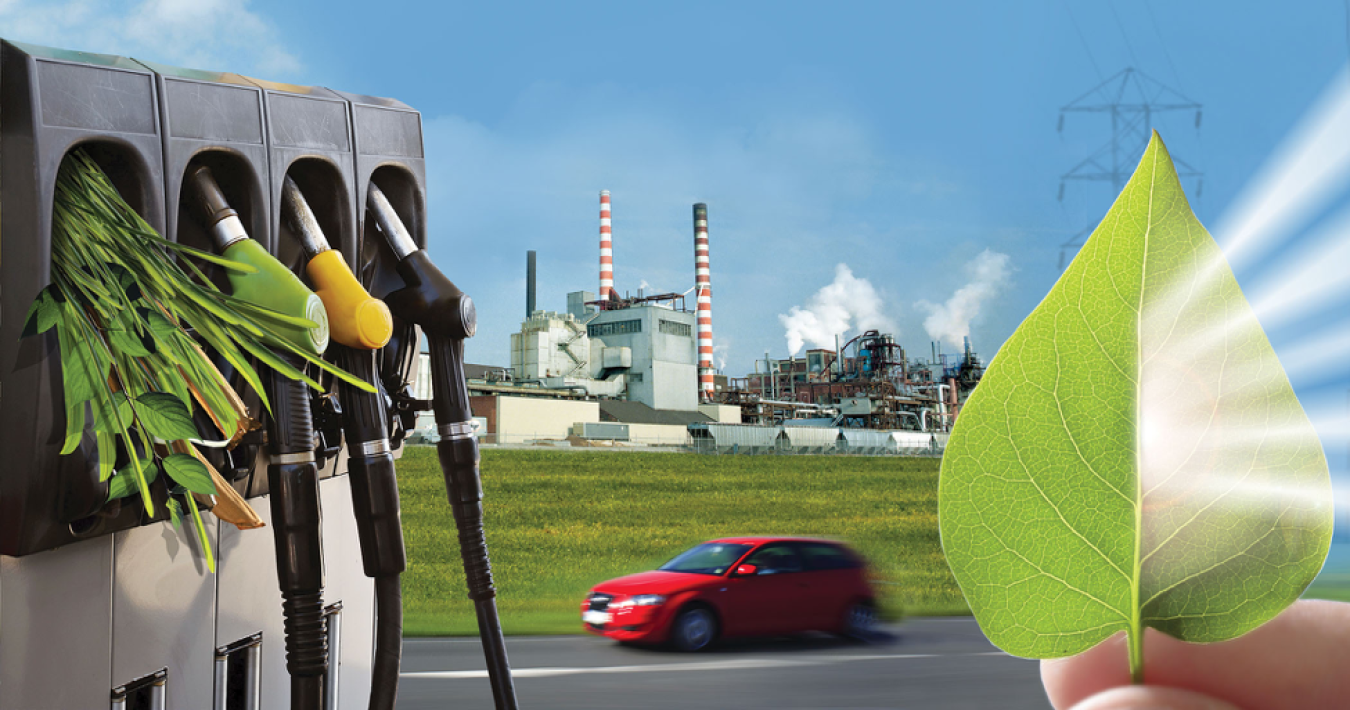Bioenergy Production From Agricultural Waste
Hey there, folks! Let's dive into the fascinating world of bioenergy! Get ready to have your mind blown with some incredible information and suggestions. Buckle up and let's begin this epic adventure!

Ever wondered what exactly bioenergy is all about? Well, let me break it down for you. Bioenergy refers to the energy that is derived from biomass, which is basically organic matter like plants and animals. This energy can be produced in various forms, such as electricity, heat, and even fuel. It's a fantastic way to harness the power of nature and reduce our reliance on non-renewable energy sources.
Now that we have a basic understanding of bioenergy, it's time to explore some amazing ideas for utilizing this incredible resource. Brace yourselves for some mind-boggling suggestions!
What is Bioenergy?
Bioenergy, as we discussed earlier, comes from organic matter. So, how exactly is it produced? One commonly used method is through the process of combustion. Biomass is burned to release heat, which is then used to generate electricity or produce heat. Another method is anaerobic digestion, where microorganisms break down biomass in the absence of oxygen, producing biogas that can be used as a fuel.
Ideas For Utilizing Bioenergy
When it comes to utilizing bioenergy, the possibilities are boundless. Here are some out-of-the-box ideas that could revolutionize the way we use energy:
- Powering vehicles: Imagine fueling your car with bioethanol or biodiesel derived from renewable resources. Not only would it help reduce greenhouse gas emissions, but it would also promote energy independence.
- Heating homes: Biomass pellets or wood chips can be used as a renewable source of heat for residential and commercial buildings. It's an eco-friendly way to keep warm during those chilly winter months.
- Generating electricity: Biomass power plants can be set up to produce electricity using renewable resources. It's a great way to add more green energy to the grid.
- Creating bioplastics: Bioenergy can be used to produce bioplastics, which are more sustainable alternatives to conventional plastics. This could help reduce plastic pollution and its harmful impact on the environment.
- Cooking with biogas: Biogas produced from biomass can be used as a clean cooking fuel, especially in areas where traditional cooking methods contribute to air pollution and deforestation.
Recommendations For a Brighter Bioenergy Future
If we want to fully unleash the potential of bioenergy, here are some recommendations that should be taken into consideration:
- Investing in research and development: Continued investment in bioenergy research is crucial for finding innovative solutions and improving efficiency.
- Supporting sustainable biomass production: It's important to ensure that biomass is produced sustainably, without causing deforestation or other negative environmental impacts.
- Promoting awareness and education: Spreading awareness about the advantages of bioenergy and educating the public can help garner support and accelerate its adoption.
- Collaborating with stakeholders: Governments, industries, and communities should work together to develop policies and initiatives that encourage the use of bioenergy.
- Exploring new technologies: Advancements in technology, such as bio-refineries and advanced conversion methods, can further enhance bioenergy production and utilization.
A Listicle of Bioenergy Benefits
Get ready for some jaw-dropping benefits of bioenergy. Here's a listicle of why this renewable energy source rocks:
- Renewable & Sustainable: Bioenergy is derived from renewable raw materials and helps reduce dependency on fossil fuels.
- Greenhouse Gas Reduction: It significantly reduces greenhouse gas emissions compared to conventional energy sources.
- Job Creation: The bioenergy sector creates new job opportunities, benefiting local economies.
- Waste Reduction: It provides an efficient way to manage agricultural, forestry, and organic waste.
- Diversification of Rural Economy: Bioenergy production can contribute to rural development and provide alternative income sources.
Question & Answer: Exploring Bioenergy
Now, let's address some burning questions you may have about bioenergy:
- Q: Is bioenergy really a sustainable energy option?
- A: Absolutely! Bioenergy is considered sustainable because the biomass used for energy production can be replenished, unlike fossil fuels.
- Q: Can bioenergy be generated on a small scale?
- A: Indeed! Small-scale bioenergy systems, such as residential biomass boilers, can provide heat and electricity for individual households or communities.
- Q: Is bioenergy expensive to produce?
- A: Bioenergy can be cost-competitive, especially when compared to other renewable energy sources. As technology advances, the costs continue to decrease.
Summary of Bioenergy Awesomeness
We've covered a lot of ground here, folks! We explored the basics of bioenergy, learned some incredible ideas for utilizing it, provided recommendations for a brighter future, listed the benefits, answered burning questions, and so much more.
The world of bioenergy is evolving rapidly, bringing us closer to a sustainable and cleaner future. By embracing this fantastic energy source, we can reduce our carbon footprint and make our planet a better place for future generations.
So, let's continue to support and promote bioenergy in every way possible. Together, we can unlock its full potential and create a greener tomorrow for all!
Cheers to the amazing world of bioenergy!
Post a Comment for "Bioenergy Production From Agricultural Waste"